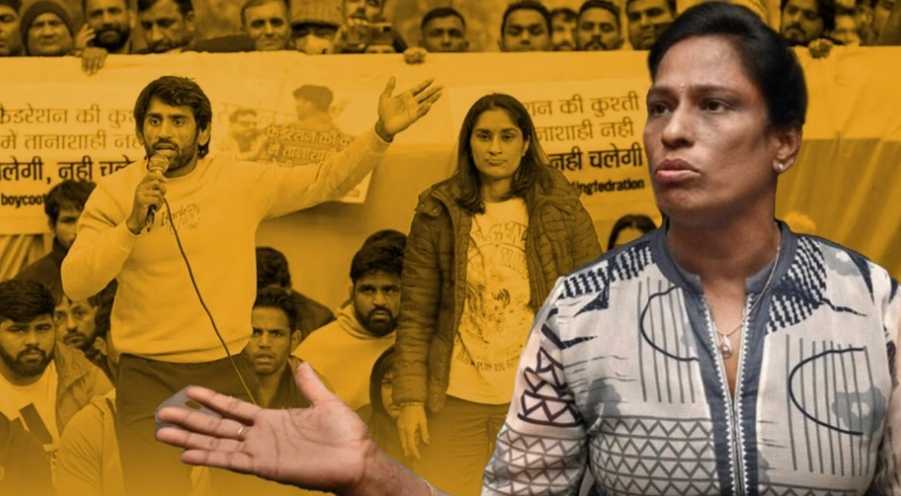One of the more interesting sidebars to come out of the sexual harassment complaints made by India’s top wrestlers against Wrestling Federation of India’s (WFI) president Brijbhushan Sharan Singh is the harsh rebuke meted out to the protesting wrestlers in recent weeks by the current IOA president Ms. P. T. Usha who censured the wrestlers for their lack of discipline: “Thoda toh discipline hona chahiye [there should be some discipline]. Instead of coming to us, they have gone straight to the streets. It’s not good for sport.” Ms. Usha had said.
Appearing to further explain Ms. Usha’s criticism of the wrestlers, IOA acting CEO Kalyan Dubey also stated that “IOA president Dr. P.T. Usha would like to say that this kind of agitation is not good for the country’s image. India has a good reputation globally. This negative publicity is not good for the country.”
Ironically, following the negative publicity garnered by her initial comments, Ms. Usha has since met with the wrestlers in their place of protest on May 3. While Ms. Usha has not made media announcements other than to state that her initial remarks were “misinterpreted,” Bajrang Punia, one of the wrestlers participating in the protest, clarified that no solutions to their demands came out of the meeting: “If the things she has [spoken] about… if there is an initiative along those lines, then definitely there will be a solution to this issue. She said she will try to resolve all our problems. If she wants she can do anything.” Mr. Punia added that unless solutions were found, “and we get justice, of which we are very hopeful, this protest will continue.”
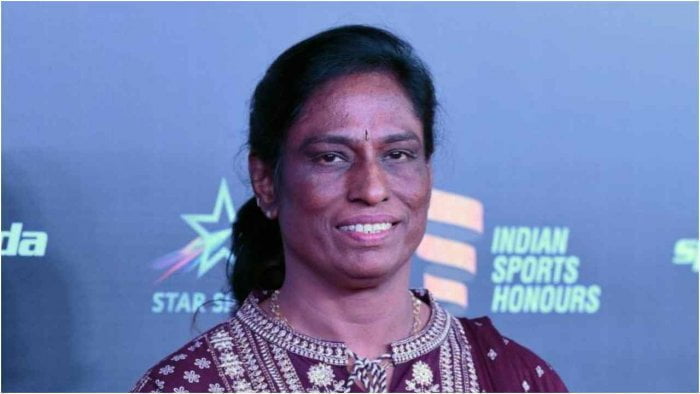
While it is certainly naïve to assume that a successful woman at the helm of an international professional athletic organisation would automatically prioritise a case of gendered harassment and abuse, it does nevertheless raise the question of, what, if any, are the responsibilities of individuals and institutions that are tasked with the protection of athletes in cases of gendered harassment and assault? What kind of institutional, official, and structural responses do we seek in such cases? How have these individuals and institutions responded so far to these serious allegations brought forward by the wrestlers?
On January 18, 2023, reigning national and international wrestling championship medalists Vinesh Phogat, Bajrang Punia, and Sakshi Malik started a protest sit-in at the Jantar-Mantar in the capital city to bring attention to the alleged pervasive culture of sexual misconduct and retaliatory actions at the apex body of wrestling in India.
Seven women, including a minor, brought charges against the WFI president, potentially bringing the case under POCSO codes. The wrestlers demanded the termination and arrest of the WFI president over allegations of a culture of sexual harassment and intimidation by the WFI president and other unnamed coaches in professional wrestling. The wrestlers also alleged a pattern of retaliation and death threats against athletes who rejected unwanted sexual advances. Singh, a sitting MP from Kaiserganj, has denied all allegations, though Delhi police registered two FIRs against Singh in April 2023, one under POCSO charges and the other for the adult complainants.
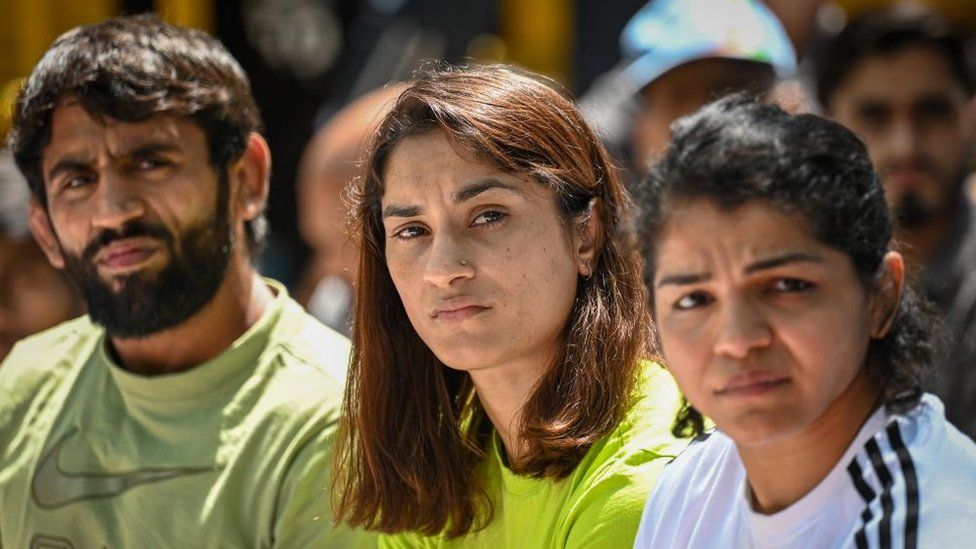
On January 20, the athletes wrote to Ms. P. T. Usha asking for her immediate intervention in resolving their complaints. Speaking of a culture of sexual misconduct, corruption, and intimidation, the wrestlers in their letter to the IOC put forward the following demands directly to President Usha:
1. We request the Indian Olympic Association (IOA) to immediately appoint a committee to enquire into the complaints of sexual harassment.
2. Resignation of the WFI President
3. Dissolution of the WFI
4. A new committee should be formed to run the affairs of the WFI in consultation with the wrestlers.
The letter which was also sent to the Prime Minister’s office and the office of the Union Minister for Sports Anurag Thakur explicitly addresses the culture of retaliation: “It has taken a lot of courage for us wrestlers to come together and protest against the WFI President. We fear for our lives. If he is not sacked then the careers of all the wrestlers who have joined this dharna will be over.”
The IOA president had then promised the wrestlers “We will ensure a complete investigation to ensure justice.” Meanwhile, two different committees with different balance of numbers constituted by the IOA and the Union Sports Ministry – seven-member committee, five-member committee – were formed in January to look into the wrestlers’ complaints against WFI. On January 21, the wrestlers called off the protest under the promise of official enquiry in good faith.
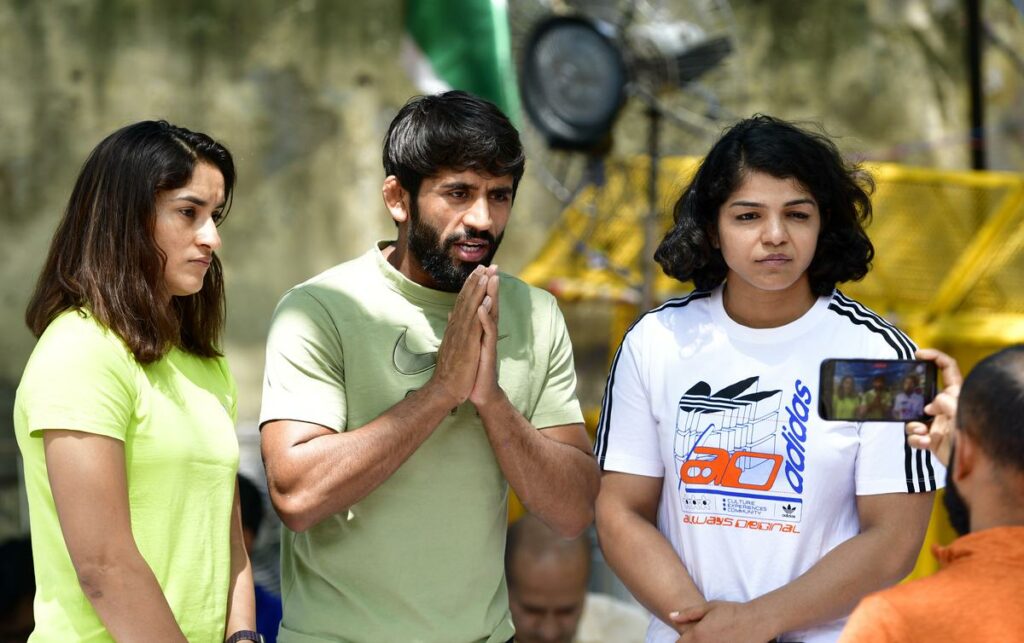
The second stage of the protest by the wrestlers that commenced on April 23 is perhaps best understood in this context of the production of non-actionable outcomes by the committees that were meant to redress the original complaints. In this context, the IOA president’s chiding remarks about the “indiscipline” of the protesting and frustrated wrestlers leading to the “negative image” of India may be seen as an insensitive and unimaginative dismissal of potentially grievous crimes against women and children.
The IOA president’s comments appear even more unimaginative when compared to Ms.Usha’s personal intervention on behalf of her own school of athletics in Kerala. In February 2023, Ms. Usha had been in the news with an appeal to stop the illegal encroachment and vandalizing of the property upon which her eponymously named school of athletics stands. Her impassioned plea to enhance security measures at her school to protect it from the vandals specifically addresses the physical and psychological safety and stability of women athletes enrolled in her school.
The IOA president’s comments appear even more unimaginative when compared to Ms.Usha’s personal intervention on behalf of her own school of athletics in Kerala. In February 2023, Ms. Usha had been in the news with an appeal to stop the illegal encroachment and vandalizing of the property upon which her eponymously named school of athletics stands. Her impassioned plea to enhance security measures at her school to protect it from the vandals specifically addresses the physical and psychological safety and stability of women athletes enrolled in her school.
Also Read: What Does Wrestlers’ Protest Tell Us About Gender-Based Violence And Skewed Polices In Sports
“It is a growing institution, so many athletes are being trained there and this is not the first time such an incident has taken place. Safety of the girls studying there is our key concern, we still couldn’t build a fence or boundary around the area . . . We are being targeted continuously. We need to make sure of the safety of our girls. We request Kerala chief minister to interfere and resolve this issue” Ms. Usha noted.
Do not the reigning wrestling champions of India deserve at least the same level of safety and protection that the women athletes at the Usha School of Athletics rightfully deserve?
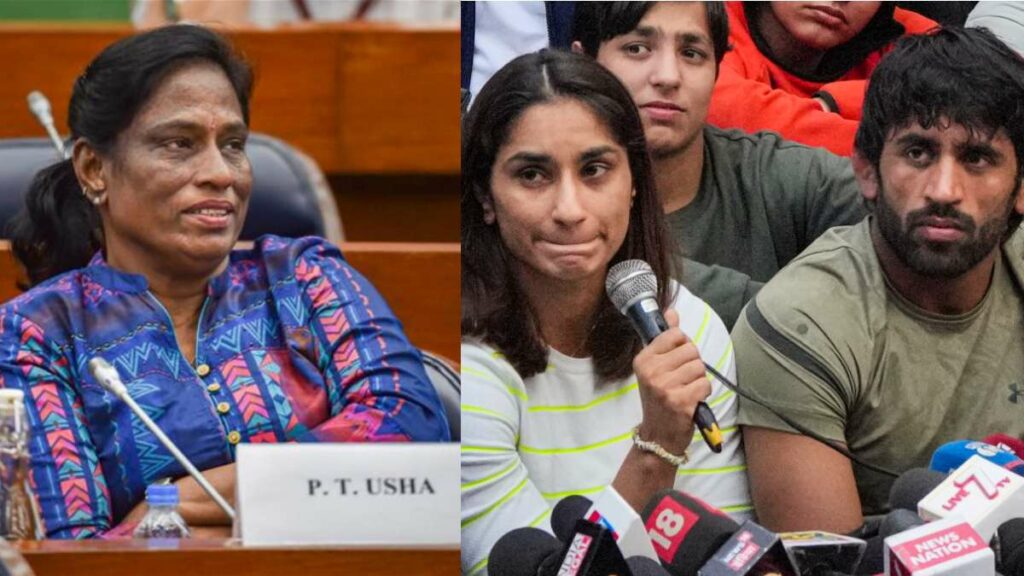
While it is a matter of some relief that the IOA president has at least met with the wrestlers who are continuing with the second stage of their protest in the capital city, it is imperative to note that what constitutes “negative publicity” for India is not the wrestlers asking for justice, but the delay in completing the investigation and assuring that the alleged wrongdoers are brought before the light of law.
As the president of the Indian Olympic Association, it is Ms. Usha’s sworn duty to uphold the IOA Safe Sport Policy that guarantees all athletes “the right to participate in sport, in a safe and inclusive environment free from all forms of discrimination, abuse, violence, neglect, and exploitation.”
As the president of the Indian Olympic Association, it is Ms. Usha’s sworn duty to uphold the IOA Safe Sport Policy that guarantees all athletes “the right to participate in sport, in a safe and inclusive environment free from all forms of discrimination, abuse, violence, neglect, and exploitation.”
According to the organisation’s website, IOA adopted the current form of The Safe Sport Policy on 30 December 2019. With wide-ranging scope and jurisdiction, this policy clearly stipulates a reporting structure and formal redressal outcomes for allegations of sexual misconduct.
Also Read: Fandom And One-Sided Parasocial Relationships In Sports
Since the beginning of the wrestlers’ protest, these reigning champions have sacrificed their attendance at ranking national and international competitions to stay home and peacefully fight for the safe future of their favorite sport. Missed competitions and trainings include the Zagreb Open, Zagreb, Croatia, Ibrahim Moustafa tournament, Alexandria, Egypt, and training camps at the Olympic Preparation Center in Spala, Poland, and Cholpon-Ata in Kyrgyzstan. These absences are matters of “negative publicity” for Indian athletics.
Meanwhile, United World Wrestling (UWW) moved the Asian Wrestling Championships slated to be held in New Delhi to Astana in Kazakhstan. UWW announced that “UWW was forced to change the host of the continental championships due to the recent developments in Indian wrestling and a pending inquiry by the Indian sports ministry against the Wrestling Federation of India.” These moves are matters of “negative publicity” for Indian athletics.
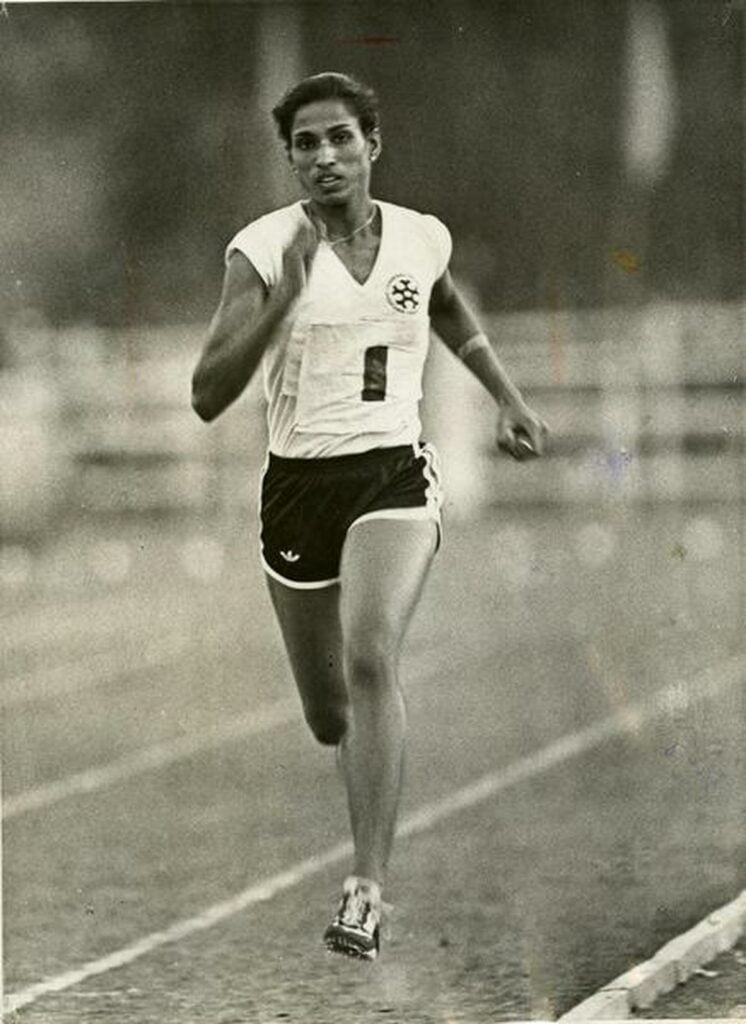
It is incumbent upon IOA to complete the investigation correctly and transparently at the earliest and restore the sport to its rightful practitioners: the wrestlers.
While the FIR filing against Mr. Singh at least hints at the beginning of a police investigation into the allegations, criminal procedures are slow to evolve in India. Since the case is now squarely back on the IOA desk, it is imperative that Ms. Usha’s leadership team responds to the matter with urgency. Justice delayed is justice denied.
